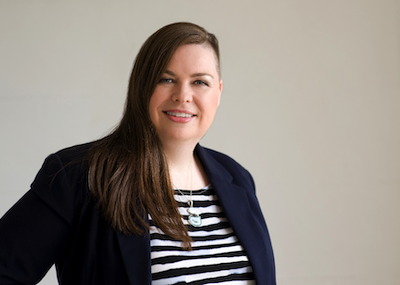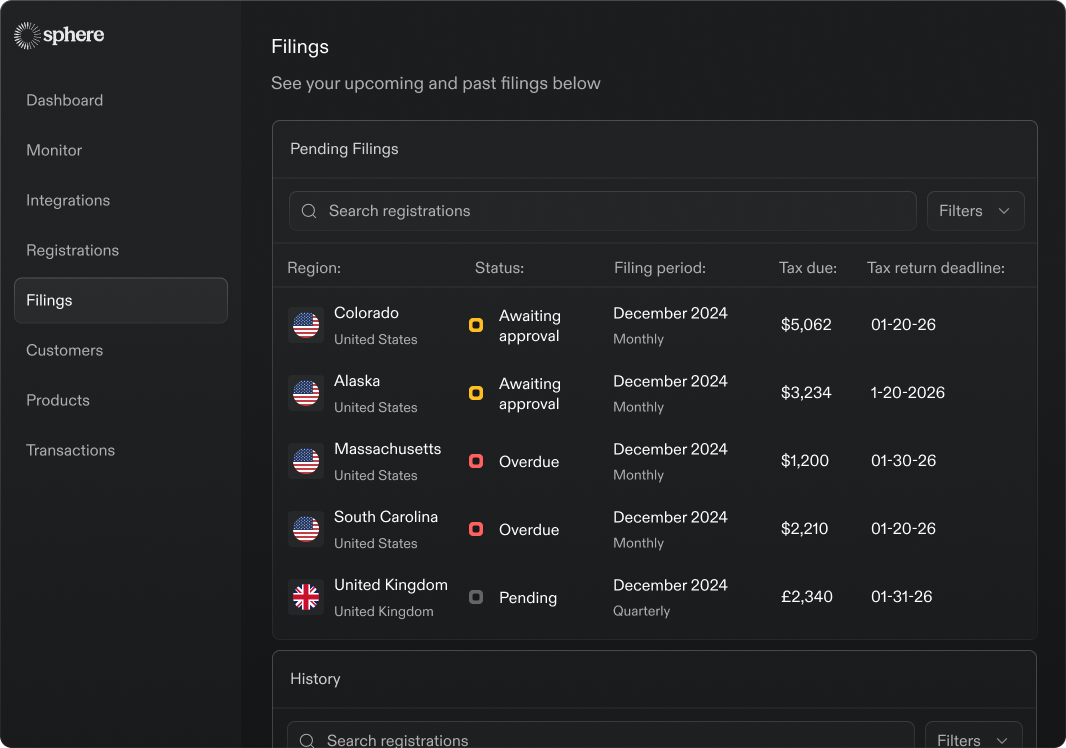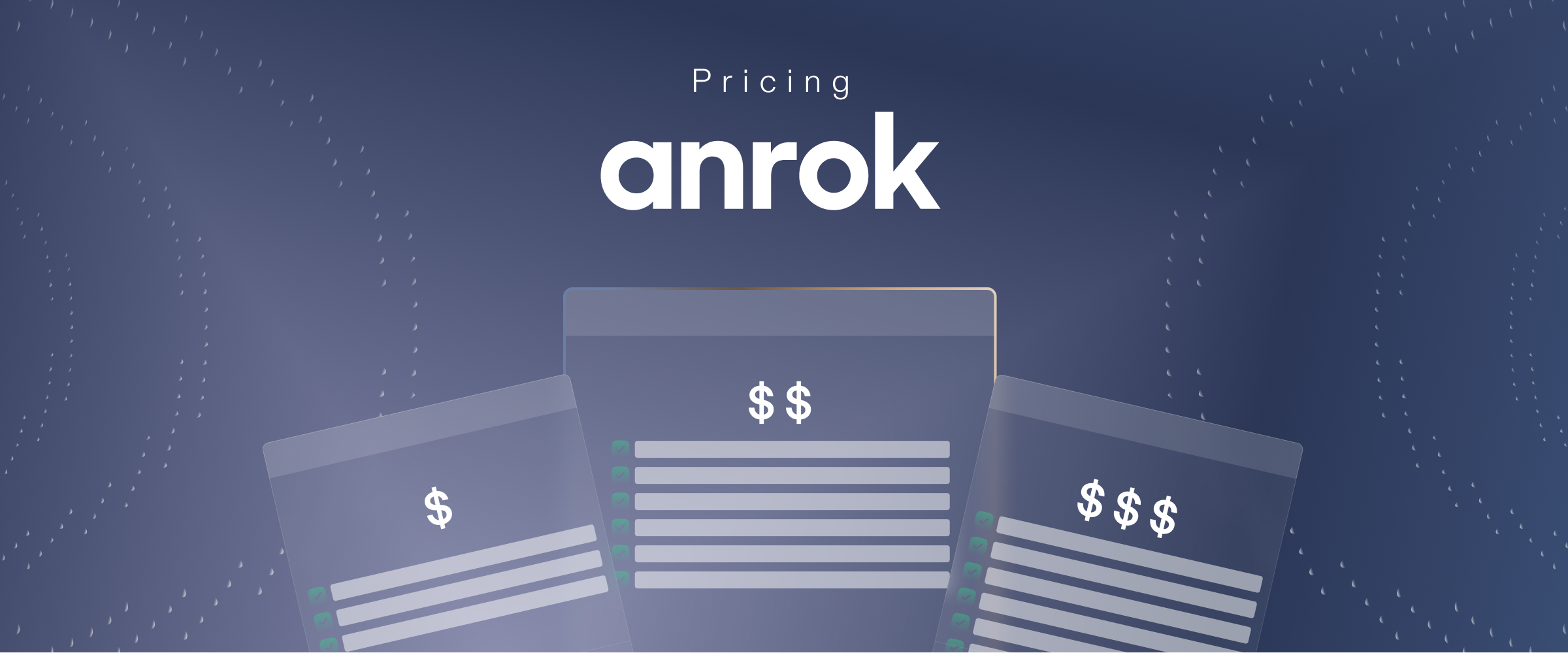.png)
Is SaaS taxable in New York?
The short answer
Yes, New York considers “sales of computer software” taxable whether it is transmitted in tangible form, such as via flash drive, electronically, such as via a download, or over the internet like most software as a service (SaaS) products. The state’s tax bulletin on the topic refers to this as “remotely accessed software.”
Unlike some states, New York does not distinguish between SaaS products sold to businesses (B2B) and sold to consumers (B2C). Both are taxable.
Also, services in general in the state remain tax exempt. So even though a SaaS product itself is taxable, related services like training your customers on how to use your product are non-taxable services as long as the invoice item is separately stated.
New York’s approach to SaaS Sales Tax
Every US state makes their own sales tax laws, and New York is no different.
SaaS is considered tangible personal property in New York, and thus taxable, even when it isn’t sold in what we think of as a tangible format like a CD or flash drive.
The one exception to New York’s sales tax regulations on SaaS is custom software that was written to the specifications of one customer. In this case, as long as the software is never replicated and sold again, then it’s considered a one-off service and thus not taxable.
Conversely, digital goods like e-books and movie downloads are not considered tangible, taxable items in the state. (See more about what is and is not taxable in New York here.)
Monitoring - What Triggers Sales Tax Obligations in New York
Physical presence nexus
Businesses with either a physical presence in New York (office, store, warehouse, inventory, employee, contractor, etc.) or economic nexus in the state are required to register and collect sales tax in the state.
Economic nexus
Even if you don’t have a physical presence in New York, you may still be obligated to collect sales tax from in-state buyers. New York’s current economic nexus threshold is $500k in taxable sales and 100 transactions to buyers in the state in the past 4 calendar quarters.
However, if your same North Carolina based business sells $600k in groceries, a tax exempt item, to buyers in New York per year you would not have economic nexus because grocery sales don’t count toward the economic nexus threshold.
Note that economic nexus only applies to businesses with no physical nexus in the state. Physical presence always triggers sales tax nexus.
Local complexities
New York also has some local tax complexities. While the state’s sales tax rate is 4%, local areas are also allowed to tack on extra taxes. Then special taxes like the Metropolitan Commuter Tax (MCT) span several counties surrounding New York City.
This makes something like selling clothing in the Empire State a bit complicated. Clothing is one of a few items that are exempted from state sales tax, as long as the clothing item is priced at $110 or less. But that’s only state sales tax. You may still be obligated to collect local county, city and MCT tax even if you can skip collecting the 4% New York state tax.
Registration - How to Get Sales Tax Compliant
If you have nexus and are required to collect in New York, register for a Sales Tax Certificate of Authority at the New York Business Express website.
You’ll need your:
- Business identifying information - name, address, phone number, email, etc.
- Responsible party identifying info - name, address, percentage ownership, social security number, date of assuming responsibilities, primary business duties
- Entity type - s-corp, c-corp, sole-proprietorship, partnership, etc.
- Date you’ll begin doing business/collecting sales tax
- Bank account info
- New York state license numbers (if applicable) - business, liquor, lottery, etc.
Applying for the Certificate of Authority is free, and once processed you should receive your license in about 5 business days.
Calculation: How to Charge Sales Tax in New York
In New York, sales tax is generally charged based on the rate at the location where your buyer lives. With SaaS sales, service providers charge the tax rate based on the buyer’s billing address.
So if you sell your SaaS product to a buyer in New York City, you’d charge them the state + city & local current 8.875% rate, while if you sell to a buyer in unincorporated Dutchess County, you’d charge them the combined state + county 8.13% rate.
While same states keep their rates fairly simple, with just a flat statewide rate, or simply state + county + city rates, New York’s special taxing districts, like the Metropolitan Commuter Taxing District (MCTD) can tack on. So be sure you’re collecting the right amount from every buyer.
Confused about how to calculate sales tax? You’re not alone. That’s where sales tax automation excels.
Try Sphere to ensure you’re collecting the right amount of sales tax from every customer, in every city and county, every time.
How to File Sales Tax in New York
The state will assign you a sales tax filing frequency along with your Sales Tax Certificate of Authority. This frequency is usually monthly, quarterly, or annually. You’ll generally file more often the more revenue your business generates.
Sales tax returns are due on the 20th day of the month following the close of the reporting period.
File online at New York’s Sales Tax Web File site.
Also note that New York’s sales tax frequency doesn’t follow the “normal” quarter system most businesses are accustomed to. Instead, they are staggered, with the quarters falling:
- March 1 - May 31
- June 1 - August 31
- September 1 - November 30
- December 1 - February 28th (or 29th)
How to Remit Sales Tax in New York
As a registered taxpayer, you’ll be prompted to remit sales tax due along with your filing.
And be sure to file and pay on time! There’s a $50 penalty for late filing, as well as interest of up to 30% on past due remittances. These can really add up if you wait too long to catch up on filing.
Learn more about New York sales tax penalties and interest here.
How to Avoid a New York Sales Tax Audit
Even when you comply perfectly, your business can still be subject to a sales tax audit. But even the dreaded audit can be avoided by taking adequate measures.
- Save 3-4 years of transaction data – New York audits typically look back three years. In the most serious cases, your auditor will evaluate your tax collected transaction by transaction, so be sure you can prove your compliance.
- Support taxability decisions – Keep correspondence or be ready to stand behind decision making when it comes to why you chose to collect tax (or not collect tax) on specific products or transactions.
- Exemption certificates – Collect exemption certificates from any buyers who claim they are buying for resale and make sure to collect an updated certificate from repeat buyers annually.
.png)
How Sphere Simplifies New York SaaS Sales Tax
Does sales tax compliance for SaaS companies sound complicated? It doesn’t have to be. Sphere is your completely automated solution from start to finish. Including:
- Tracking nexus – Not sure when you’ve hit the $500k/100 sales threshold? No more poring over your books and editing spreadsheets. Sphere notifies you when you are approaching, or have already crossed, New York’s economic nexus threshold.
- Registering for a New York Sales Tax Certificate of Authority – Registrations are nitpicky and time consuming. Sphere handles it.
- Auto-calculating rates - No more worrying if you’re charging the right amount of sales tax, whether your buyer is in Queens or unincorporated Dutchess County.
- Preparing and filing sales tax returns – Never miss a return, even with New York’s tricky offset quarter system, and avoid the pain of penalties and interest.
- Eliminating manual work – Like every other state, New York’s tax laws are changing. With Sphere, there’s no more need to scour the Wall Street Journal for obscure tax changes that might affect your business. It’s already handled.








.png)

.png)







